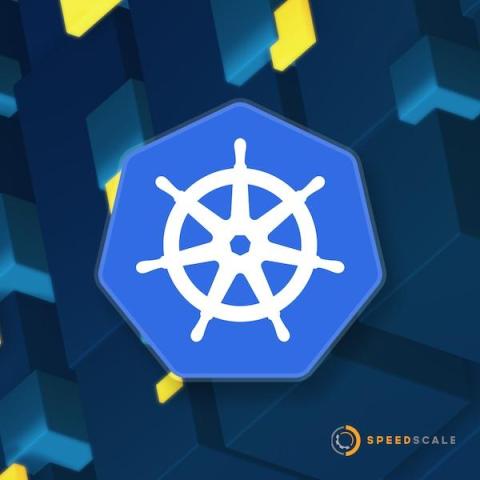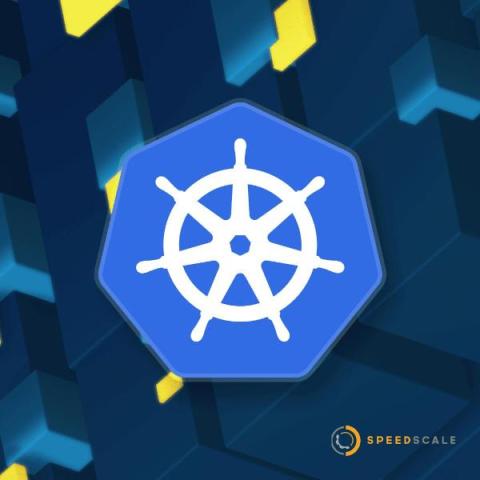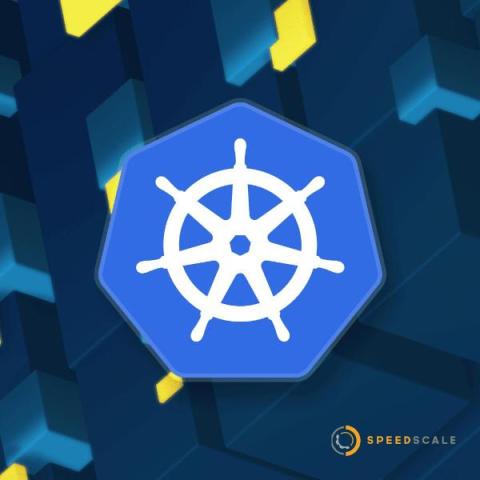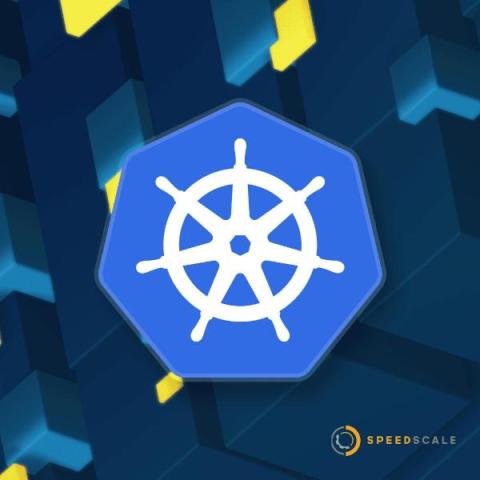A Guide to Kubernetes Performance Testing: Top 5 Tools & Methodologies for Load Testing
Kubernetes has become the dominant orchestration platform for cloud-native apps– and for good reason. It can be a powerful tool in your software development lifecycle. But how do you know if your Kubernetes-based app can handle the demands of production traffic? Kubernetes alone isn’t always enough to ensure your app’s performance under load. In many cases, it is, but it’s always wise to know your application’s limits.











